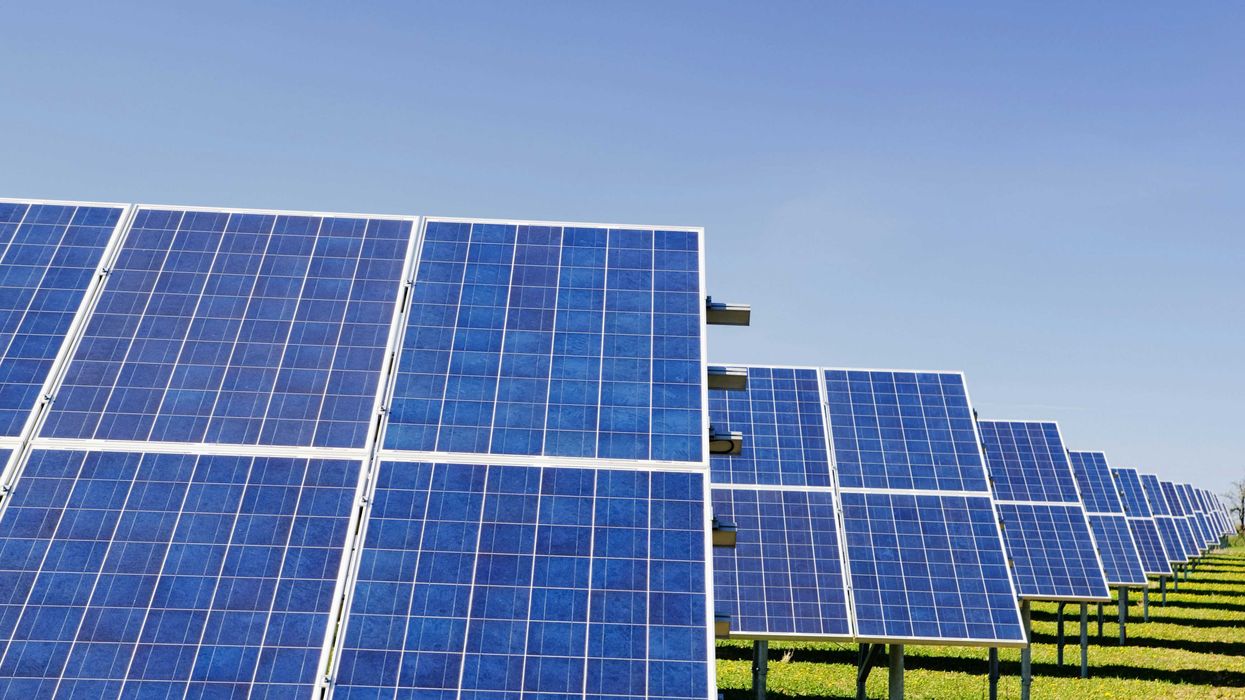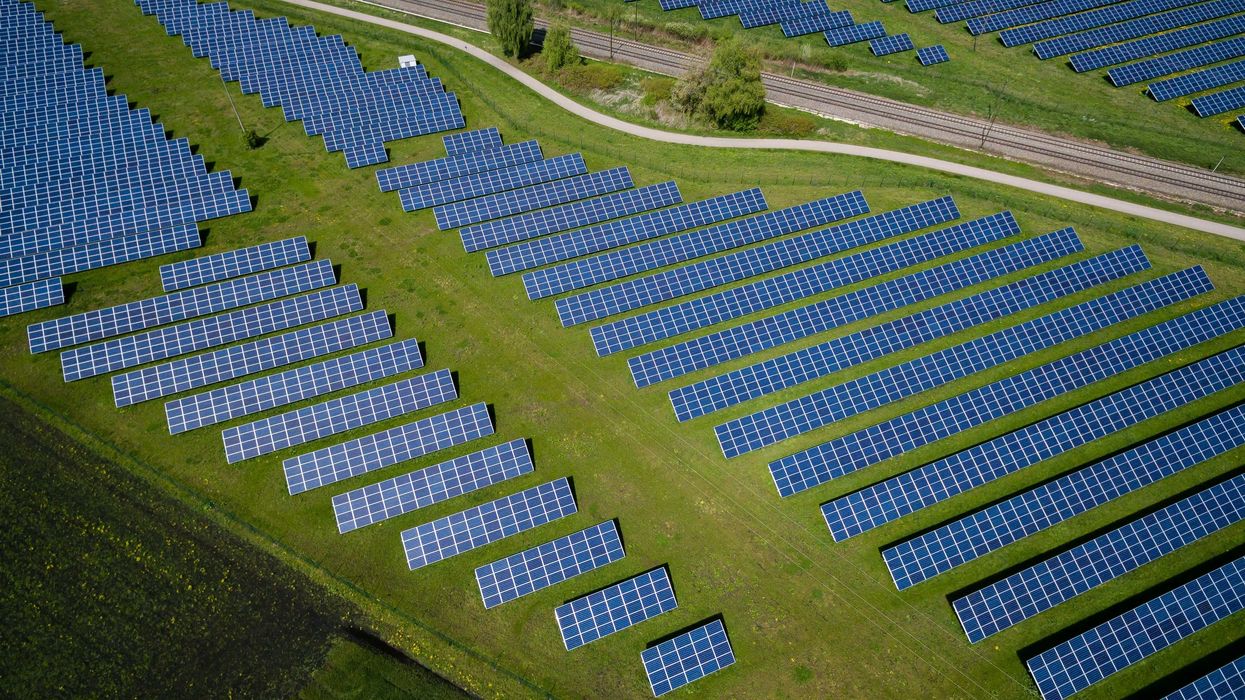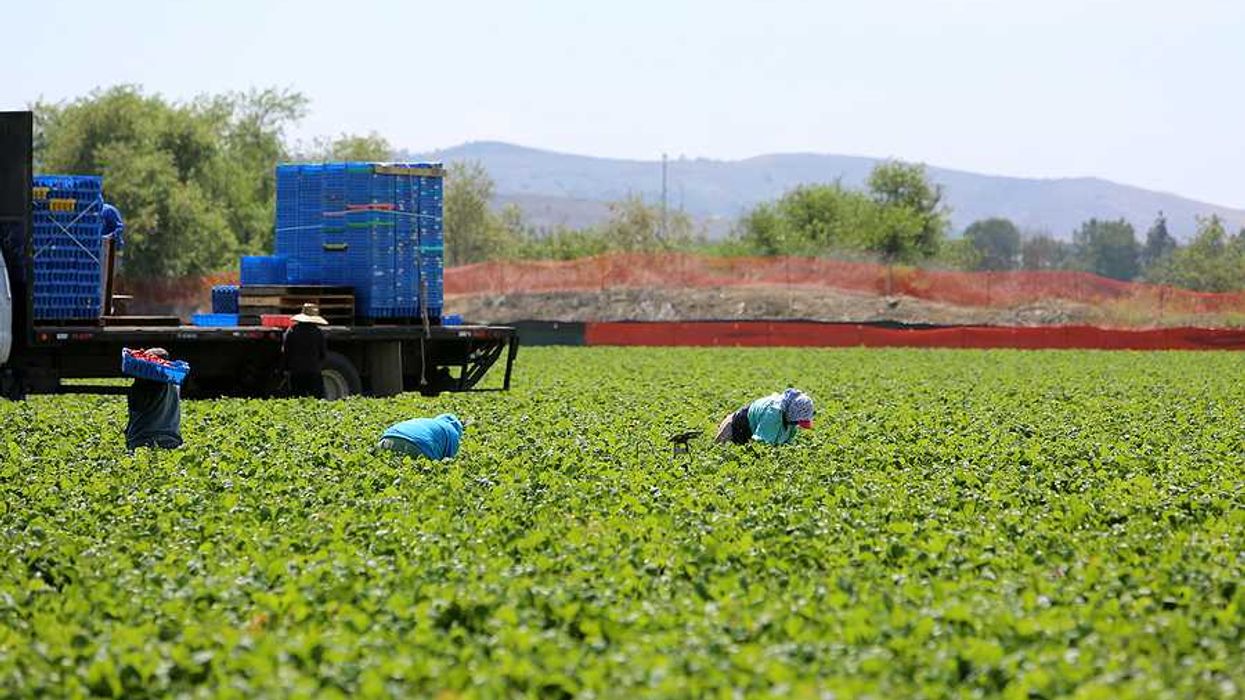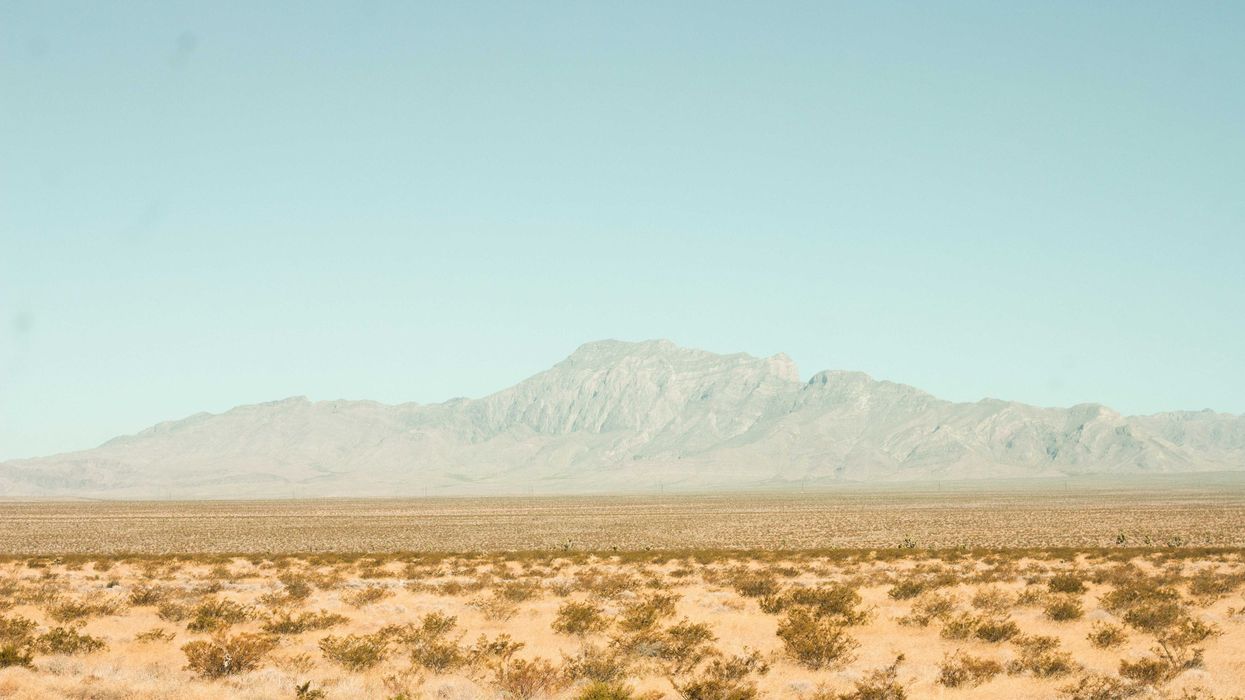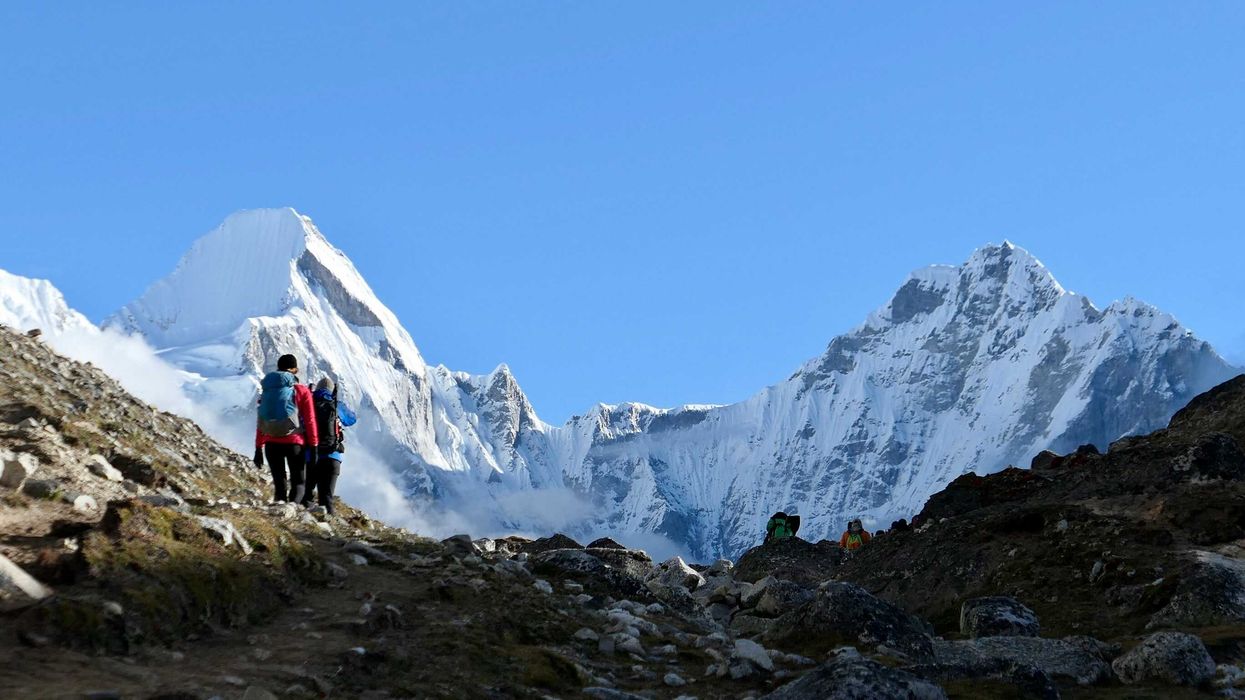Climate change-driven disasters often strike hardest where inequality, colonial legacies, and poor infrastructure leave communities most exposed and least protected.
Friederike Otto writes for The Guardian.
In short:
- Climate scientist Friederike Otto argues that the true drivers of climate disasters are exposure and vulnerability — factors shaped by poverty, colonialism, and systemic injustice — not simply changes in weather patterns.
- Her research into recent floods in Nigeria and drought in Madagascar shows that while climate change plays a role, failures in infrastructure, governance, and equity are often more decisive.
- Otto critiques climate science for focusing narrowly on physics, calling for a broader lens that includes political, historical, and social dimensions in understanding and addressing climate impacts.
Key quote:
“Climate change is a symptom of this global crisis of inequality and injustice, not its cause.”
— Friederike Otto, associate professor, Global Climate Science Programme
Why this matters:
In many parts of the world, communities facing the brunt of climate disasters — like flooding, droughts, and extreme heat — have long been trapped in cycles of vulnerability shaped by colonial exploitation, racial inequality, and economic neglect. These disasters don't occur in a vacuum; the scale of suffering often reflects a failure to invest in people and infrastructure, not just the wrath of nature. Climate science rooted only in physics cannot fully explain why a flood becomes a humanitarian catastrophe. If climate policy continues to ignore these power imbalances, it risks reinforcing the very injustices that make global warming so deadly in the first place.
Read more: Climate disasters disrupt education for Black children, deepening inequities


